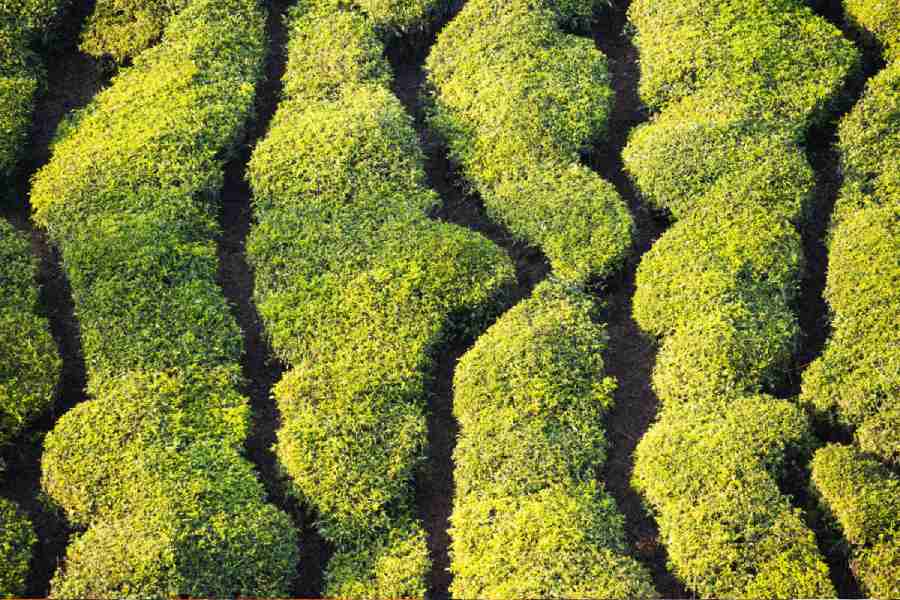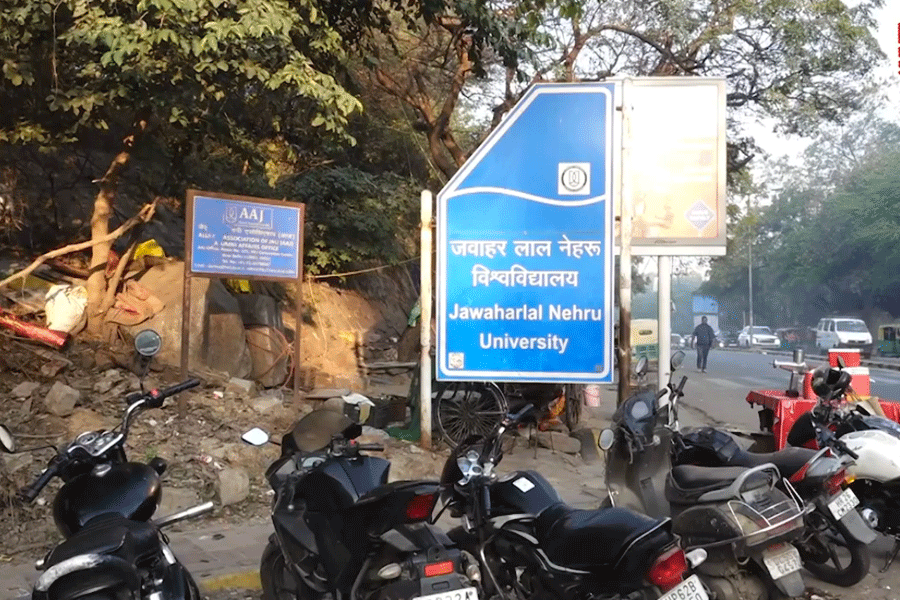The Indian Tea Association, the premier body of large tea producers, has opposed the proposal to bring in the mandatory auction of Nepal teas, which is being mooted for the better monitoring and traceability of imports.
In response to the Tea Board’s request for comment on the auction proposal floated by the Centre, the ITA argued that the move would exacerbate oversupply, beat down prices further and set precedence for other exporting countries looking to export teas to India.
The suggestion to auction Nepal teas came in the backdrop of the challenges being faced by the Darjeeling gardens in Bengal. At least half of the Nepal imports have a profile similar to Darjeeling on the palate but are priced at a fraction of the domestic produce, which is unique in the world, thanks to the geographical indication (GI) tag.
The ITA said there should be safeguard measures such as minimum import price and comprehensive testing of Nepal teas for pesticide and phytosanitary residues.
“In consideration of the aforementioned factors, we urge the Tea Board not to progress with the proposed mandatory auction for teas imported from Nepal and instead consider putting in place safeguarding measures to protect the Darjeeling tea industry in particular,” ITA general-secretary Arijit Raha wrote to the Tea Board’s deputy-chairman.
Industry sources said the Darjeeling Tea Association is also opposed to the idea of auctioning of Nepal teas, indicating that all tea gardens in the hills are not on the same page.
There are about 87 gardens in Darjeeling which are protected by the GI tag. The year 2025 marked yet another year when the production is projected to hit an all-time low of 5.59 million kg. In contrast, Nepal exported 13.01 million kg till October 24. Many gardens have closed down due to the financial crunch and the rest are just about surviving.
Challenges
The ITA believes allowing the unrestricted entry of Nepal teas would further disrupt the balance of demand and supply. It will institutionalise the availability of Nepal teas and provide easy access to buyers.
Moreover, the auction may further damage the price discovery of Darjeeling tea, which has an average production cost of ₹650 a kg compared with Nepal tea, with an average price of ₹143.65 a kg in 2024.
The ITA also noted that mandatory auction would not ensure 100 per cent traceability and quality control as not all teas head for testing. The association argued the adverse effects of market volatility would far outweigh the benefits of traceability.
Citing examples from other major tea producing nations such as Sri Lanka, Kenya and Indonesia, the ITA batted for comprehensive testing under FSSAI regulations.
The industry has been highlighting that imported teas are hardly tested despite having legal provision. Even if a few samples are picked, they are not tested for all mandatory parameters.
Moreover, no exemplary action has been taken against those who are importing those substandard teas at rock-bottom prices and those selling them masquerading as exclusive Darjeeling tea.










